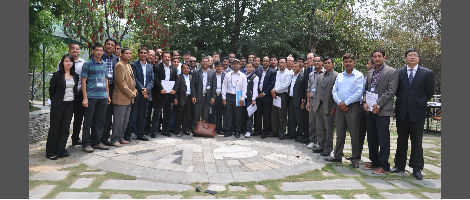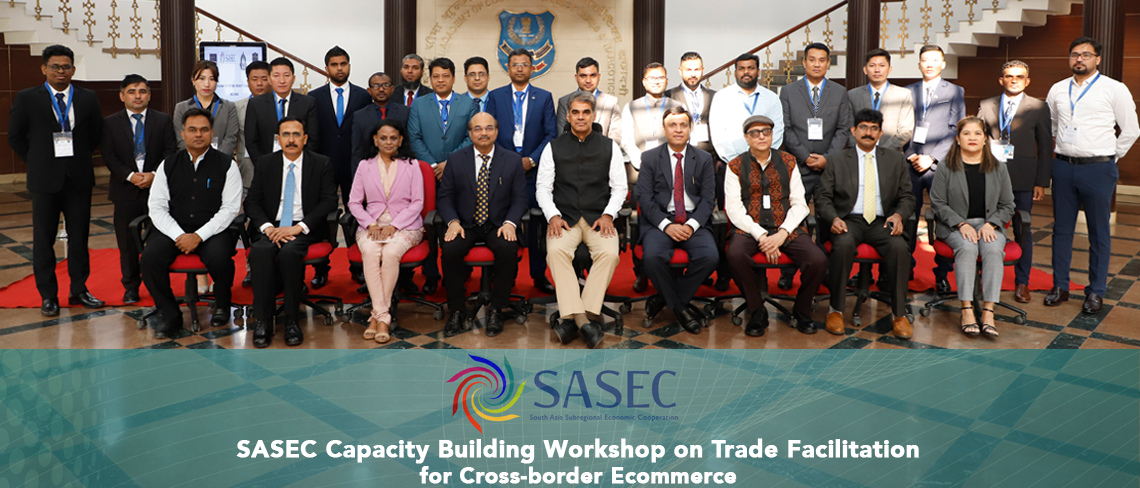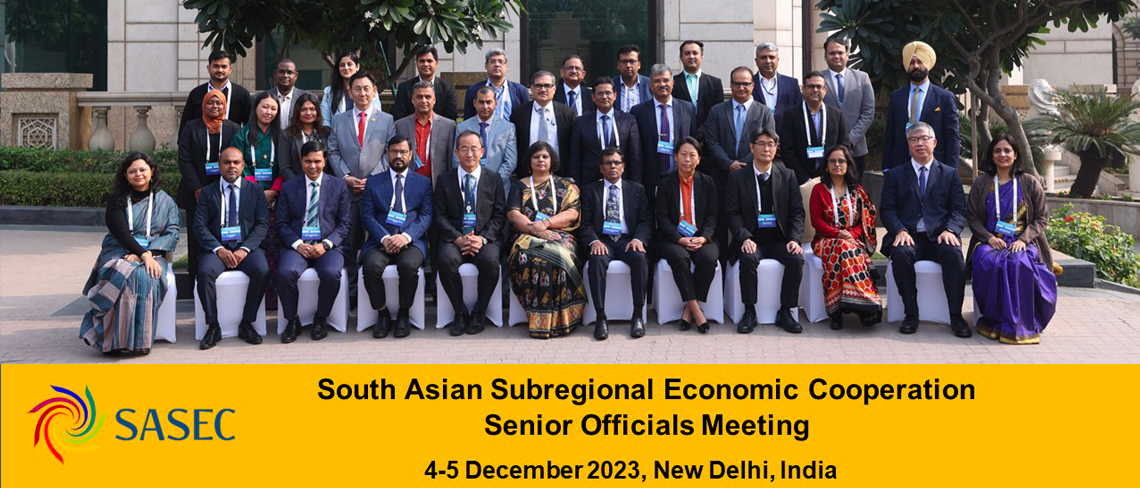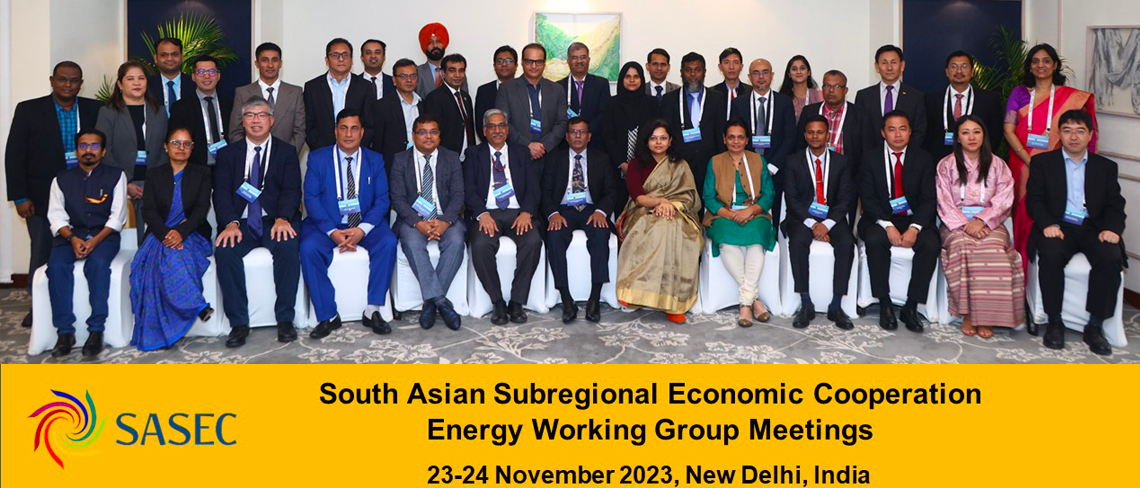
ADB-UNESCAP National Training on Trade and Transport Facilitation Monitoring Mechanism
15-17 Apr 2014

The Trade and Transport Facilitation Monitoring Mechanism (TTFMM) National Training Workshop for Nepal provided detailed training in the integrated methodologies of (i) business process analysis (BPA), (ii) time release study, and (iii) time-cost-distance survey approach. The objective was to equip participants with the required knowledge and practical skills to establish baseline data for monitoring trade and transport facilitation in Nepal; undertake a national TTFMM study; and thereafter identify necessary measures to develop more efficient and transparent trade.
Technical experts from the United Nations’ Economic and Social Commission for Asia and the Pacific (UNESCAP) introduced the TTFMM as a framework for monitoring of trade processes in support of policy reform and implementation. TTFMM emphasizes the institutional arrangement and places emphasis on building national capacity. The TTFMM study will supplement the BPA study undertaken by SASEC countries in 2013, by ensuring a regular and institutionalized methodology for data collection on trade facilitation, which in turn will support and reinforce policy implementation by member countries in trade and investment.
To better understand the trade processes along specific corridors, including scoping and planning the national study, the TTFMM workshop for Nepal selected the following products based on the criteria for the TTFMM study:
(i) Import of wool from third countries;
(ii) Export of woolen carpet to third countries;
(iii) Import of fabrics from Bangladesh (for domestic garment production); and
(iv) Export of tea to third countries.
The review of the first two products (import of wool, and export of carpet) aims to analyze trade processes and bottlenecks involved in the carpet supply chain for carpet export. The review of the third product (import of fabrics from Bangladesh) will examine the trade processes for Nepal’s garment manufacturing supply chain. The review of the fourth product will examine the trade processes of tea production and export to third countries which is one of the priority exports in the Nepal Trade Integration Strategy – 2010.
The Workshop recommended two main corridors for the TTFMM study:
(i) Corridor 1: the Kolkata-Birgunj-Kathmandu-Birgunj-Kolkata for the import of wools and export of woolen carpet;
(ii) Corridor 2 Dhaka-Banglabandha-Fulbari-Panitanki-Kakarvitta-Kathmandu for the import of fabrics from Bangladesh.
(iii) Corridor 2 (Modified from Corridor 2): Mechi-Kakarvitta-Kolkata for the export of tea to third countries.
Participants included senior government officials from the departments of Commerce and Supplies, Intermodal Transport Development, Finance, and Commerce. Representatives of academia and freight forwarder associations also participated.
Nepal’s Ministry of Commerce and Supplies organized the workshop. Technical expertise was provided by resource persons from UNESCAP and WCO. ADB provided funding, including resources from the Japan Fund for Poverty Reduction Technical Assistance for Nepal.









